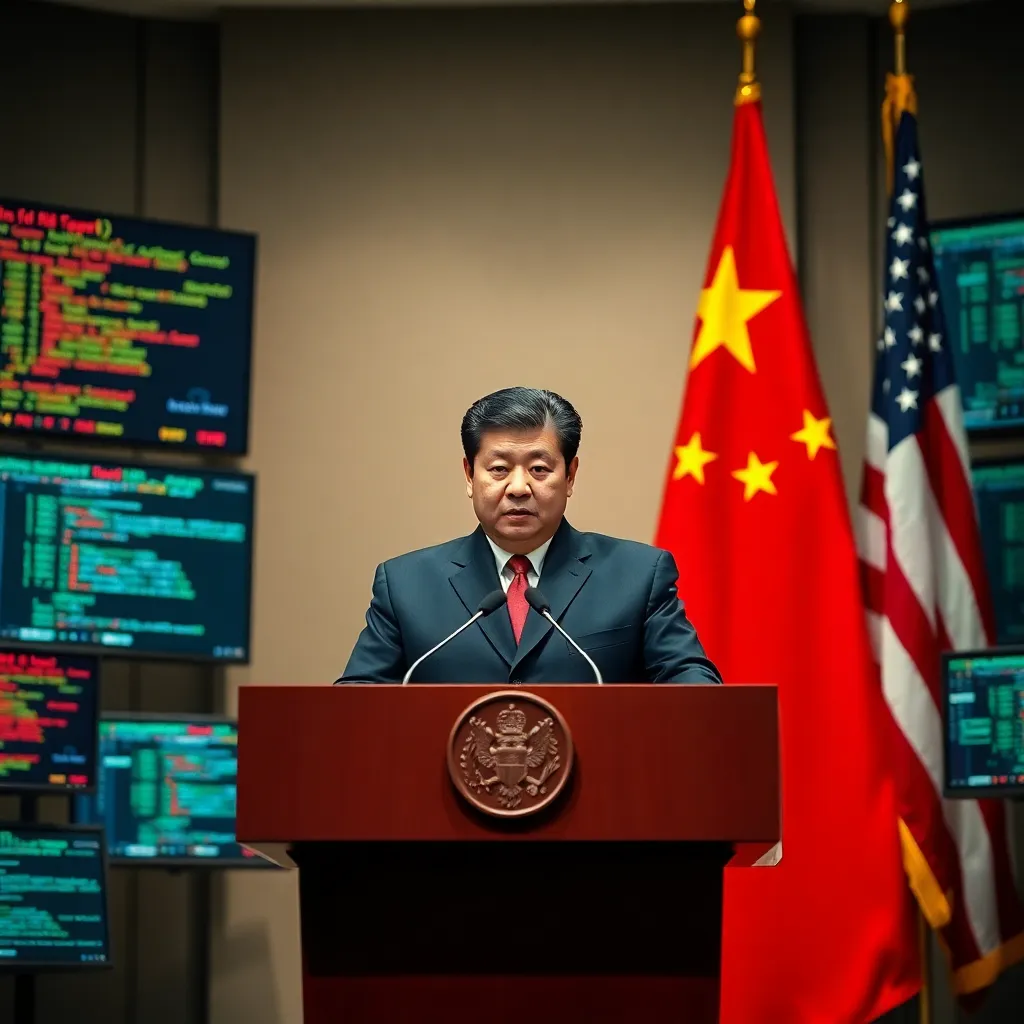
In a move that has escalated tensions between the two global superpowers, China has vehemently protested the recent US sanctions imposed on a Beijing-based cybersecurity company. The US Treasury Department had alleged that the company was involved in multiple hacking incidents, prompting the sanctions. However, China has not only denied these allegations but also turned the tables on the US, complaining of frequent foreign hacker attacks on its own networks.
According to Chinese officials, the sanctions are unjustified and a clear example of US hypocrisy. They argue that the US has been guilty of similar hacking activities, targeting Chinese government agencies, businesses, and individuals. China claims that it has been a victim of US cyber aggression for years, with many of its networks and systems compromised by sophisticated hacking tools and techniques.
The Chinese government has also accused the US of using its technological prowess to conduct large-scale surveillance and espionage activities against other countries, including China. They point to the revelations made by Edward Snowden, a former NSA contractor, who exposed the US government’s global surveillance program in 2013.
In response to the US sanctions, China has threatened to take retaliatory measures, although the exact nature of these measures is still unclear. The Chinese government has also called on the international community to condemn the US actions, which it believes are a blatant attempt to undermine China’s growing economic and technological influence.
The latest spat between the US and China highlights the increasing tensions between the two nations in the realm of cybersecurity. As both countries continue to engage in a game of cat and mouse, the world watches with bated breath, wondering what the next move will be in this high-stakes game of cyber warfare.
In the meantime, experts warn that the escalating tensions between the US and China could have far-reaching consequences for global cybersecurity. As both nations continue to develop and deploy more sophisticated hacking tools and techniques, the risk of collateral damage increases, threatening the security and stability of the global digital landscape.
Ultimately, the latest US-China spat serves as a reminder of the urgent need for international cooperation and diplomacy in the realm of cybersecurity. As the world becomes increasingly interconnected, the need for a unified approach to addressing cyber threats has never been more pressing. Will the US and China be able to put aside their differences and work towards a more secure and stable digital future? Only time will tell.





